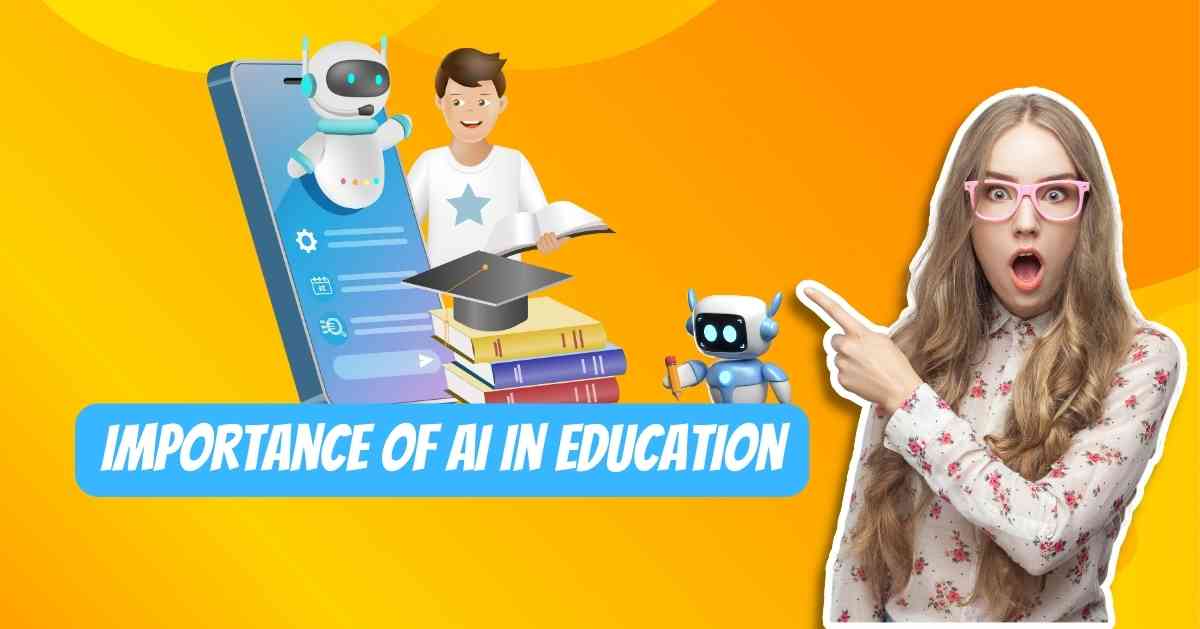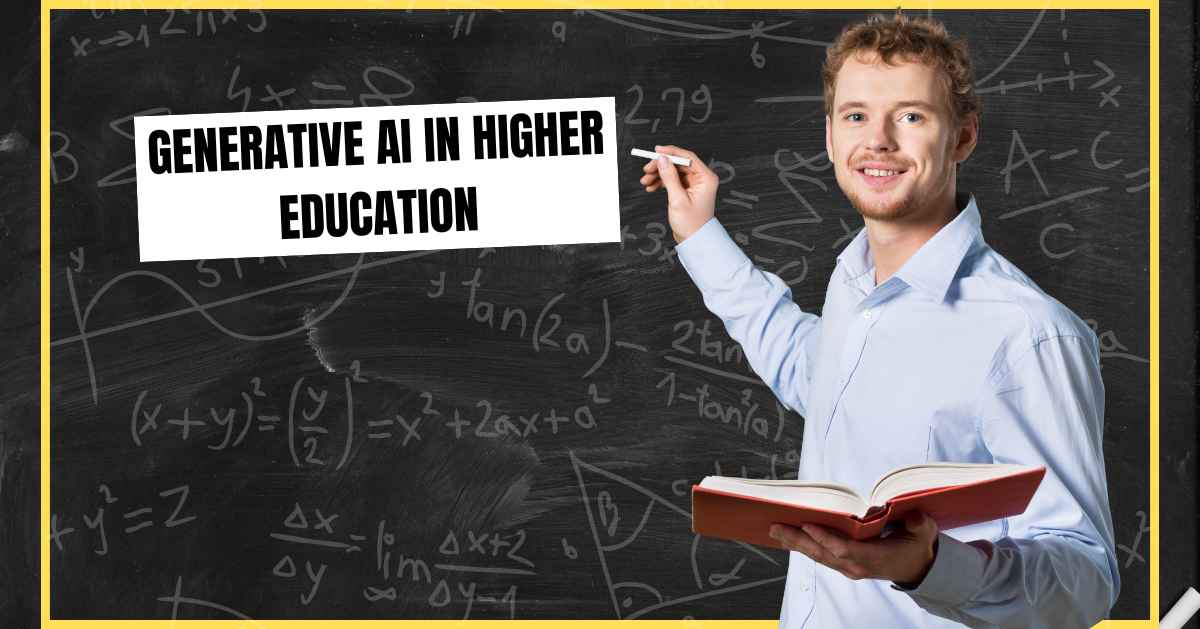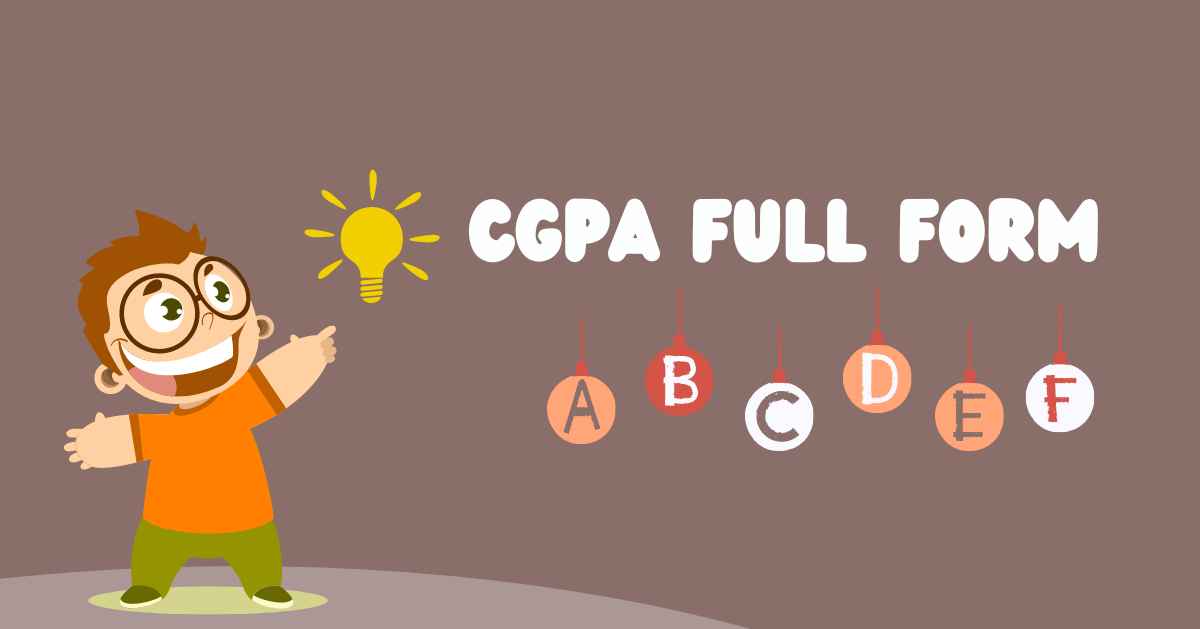The Importance of AI in Education

Artificial Intelligence (AI) has emerged as a transformative force across various sectors, none more so than in education. AI transforms teaching and learning by analyzing data, personalizing education, and streamlining administrative tasks for more effective education. In today’s evolving education landscape, understanding AI’s role is crucial for unlocking new opportunities for educators and learners.
What is AI in Education?
Education encompasses the application of artificial intelligence technologies to enhance various aspects of the learning process. Teachers use AI-driven insights, adaptive tutoring, and virtual simulations to personalize learning, addressing unique student needs effectively.
AI streamlines tasks like grading and course management, allowing educators to dedicate more time to teaching and mentoring. AI optimizes education, transforming learning into a more accessible, engaging, and effective experience for both students and educators.
Importance of AI in Education
AI has emerged as a transformative force in education, redefining the role of teachers and revolutionizing traditional teaching methods. Let’s delve into how the significance of AI in education is reshaping the landscape for educators:
1. Personalized Learning: AI enables personalized learning experiences by analyzing students’ learning patterns, strengths, and weaknesses. This tailored approach allows teachers to cater to the individual needs of each student.
2. Engagement: AI tools boost student engagement with interactive games and simulations, making learning more enjoyable and effective.
3. Customized Feedback: Teachers give immediate, personalized feedback to students, helping them understand mistakes and achieve faster improvement.
4. Automated Grading System: AI streamlines the grading process by quickly and consistently grading assignments and exams, freeing up teachers to focus on lesson planning and student support.
5. Task Automation: Routine administrative tasks like attendance and scheduling can be automated with AI, reducing the administrative burden on teachers and allowing more time for teaching.
6. Learning Gap Analysis: AI tools help teachers identify learning gaps among students and tailor teaching strategies to meet individual needs, ensuring every student receives the support they need.
7. AI in Examinations: AI offers benefits such as automated grading, plagiarism detection, and personalized feedback, reducing the administrative workload on teachers.
8. Smart Content: AI transforms teaching materials into interactive and personalized resources, adjusting to each student’s pace and ensuring content relevance and alignment with new standards.
9. Universal Access: AI enables teachers to reach a wider audience and create an inclusive learning environment, facilitating remote learning and ensuring uninterrupted education.
10. Enhanced Teaching: By analyzing teaching methods’ effectiveness and offering improvement suggestions, AI helps teachers continually develop their skills and enhance their teaching methods.
[Also Read: AI and Machine Learning in Education: Benefits and Future Prospects]
Conclusion
The significance of AI in education cannot be overstated. It stands poised as a transformative force, set to redefine the very essence of teaching and learning. With its potential to enhance accessibility, efficiency, and engagement, AI promises a future where education transcends boundaries for both educators and students alike. As we embark on this journey of artificial intelligence in education, we anticipate a limitless potential to revolutionize the field, marking only the beginning of its profound impact.



